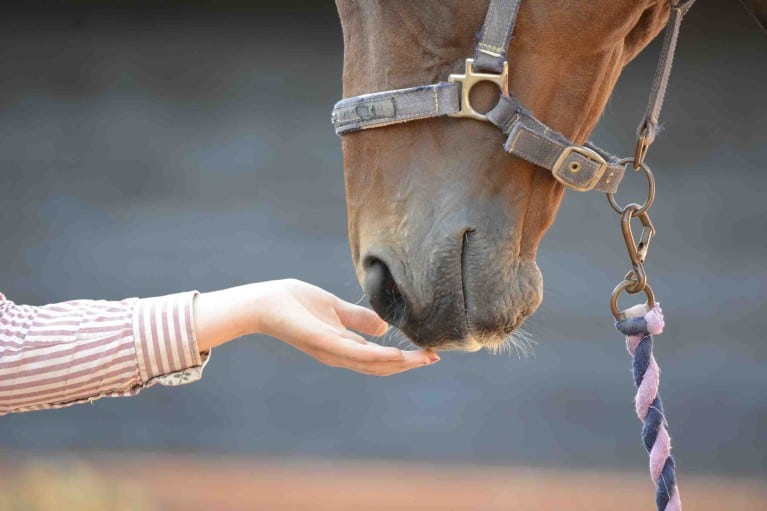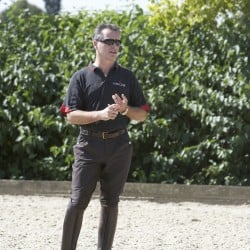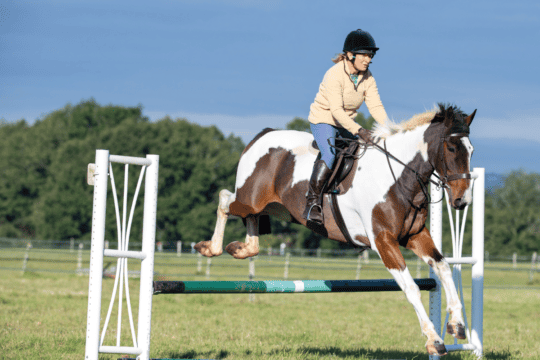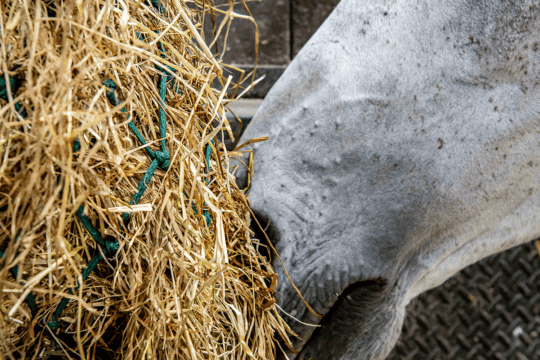Feeding limestone flour to my horse for added nutrients, is this beneficial?
Posted in Health and Veterinary
Q: I have been feeding limestone flour to my four-year-old pony since she was eight months old. Should I continue to do this now that she is older?

Jane van Lennep answers:
A forage-based diet (grazing, hay, haylage and dried forages, like lucerne and dried grass) will provide the nutrients most horses need.
Many mixed and pelleted feeds contain cereal grains – such as barley, wheat, oats, maize – and pulses, such as peas and beans, as well as by-products like wheatfeed or bran.
All of these, however, are deficient in calcium. Many also contain substances called ‘phytins’, which restrict the uptake of calcium, making the deficit worse. As limestone flour is high in calcium, it is often used as a source of calcium to make up for the deficit in grains and pulses.
Pure ‘n’ simple
I doubt that your mare needs supplementing with calcium now, as she is almost fully grown. What’s more, you are not using the feeds that are deficient in this important mineral. In order to give her the extra nutrients she needs for her to finish maturing and fitten up now you are working her, stick with pure forages. These will not ‘hot’ her up as mixes can and will provide the minerals she needs, too.
Look for pure dried lucerne, with no additives or molasses. It is sometimes called alfalfa, which is American for lucerne. You can get it in various forms, including chop, pellets and compressed biscuits. On a balanced diet, she should not need any supplementary vitamins and minerals, except for a plain white salt lick or natural rock salt. Most horses and ponies will help themselves to the salt they need, if given free access to suitable salt.
Vits and mins
Unless you are in an area known for deficiencies, your mare will get the minerals she needs from hay, grazing and your additional lucerne. And if we look at the vitamins…
- Vitamin A (as carotene) is found in any green feed, such as grass or dried lucerne
- Vitamins B and K are made by the microbes in the gut
- Vitamin C is made in the horse’s liver
- Vitamin D is made when it is sunny, and can be found in hay, dead grass and fallen leaves
- Vitamin E is found in grass and lucerne.
So a horse or pony well-managed and with turnout most days should not need extra vitamins. Herbal supplements can be useful and I am sure your garlic will only do good! But be sure that you are using it for a good reason – there is never any point in wasting money that need not be spent, for horses and ponies are very good at making us poor!
Garlic is a good source of organic sulphur, has anti-microbial properties, tends to thin the blood and some believe it can help repel worms and flies.















